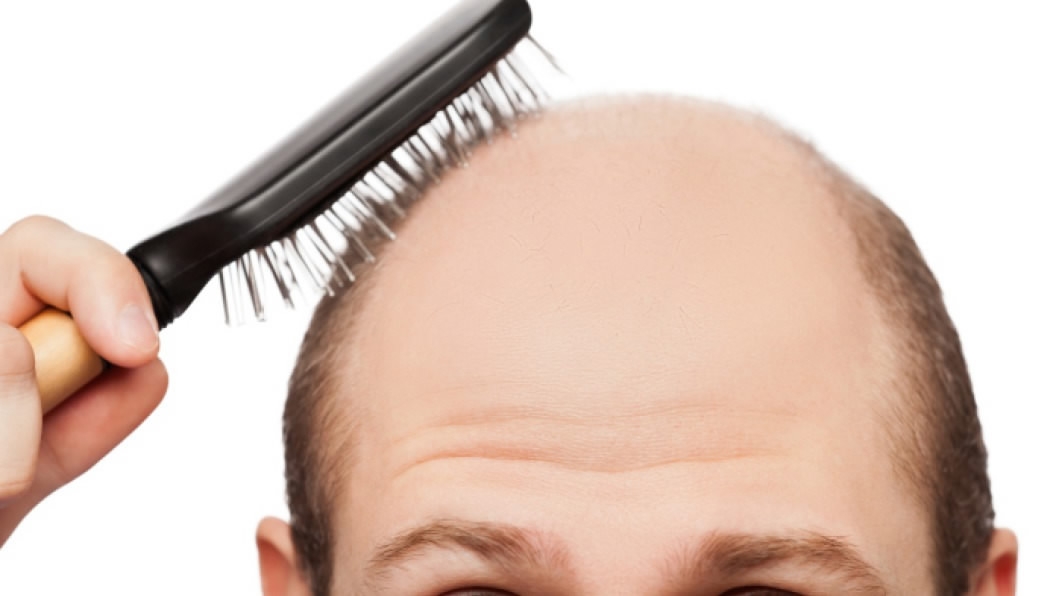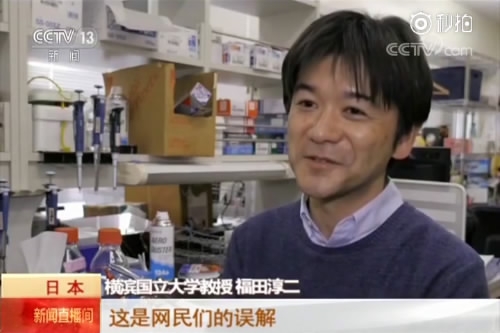
World
16:05, 19-Feb-2018
Eating fried potatoes will not restore hair loss, Japanese scientists say
CGTN

“Eating french fries can cure baldness!”
This news came after a Japanese research was published in the journal Biomaterials suggesting that chemicals used in cooking fried potatoes could help fight hair loss.

An ingredient used in french fries might help fight baldness./VCG Photo
An ingredient used in french fries might help fight baldness./VCG Photo
A research team at Yokohama National University found that they could regrow hair in mice using dimethylpolysiloxane, a chemical used in the cooking of french fries. With the aid of dimethylpolysiloxane, researchers succeeded in producing clusters of 5,000 hair follicle germs (HFGs), the base organs that produce hair. The germs, responsible for hair growth, have never been regenerated before, until this research team achieved that.
The team also succeeded in growing hair on the backs of mice after transplantation in a relatively short period of time.
After the study was published, researchers received a number of inquiries asking how many french fries they should eat to cure baldness.

Lead researcher Junji Fukuda told bald people to go "easy on the fries." / Screenshot from CCTV News.
Lead researcher Junji Fukuda told bald people to go "easy on the fries." / Screenshot from CCTV News.
“No matter how many fried potatoes you eat, you’ll never grow more hair. That’s a total misunderstanding that’s gone viral,” lead researcher Junji Fukuda told Reuters.
“Up until now we’ve only been able to produce a few dozen hair follicle germs at a time, but with this new technology we’ve developed a simple method to produce hundreds and thousands,” Fukuda added.
The news went viral in Chinese social media as well, generating tens of thousands of replies and reposts on Weibo. In the last few years, Chinese young generation is getting more and more worried about their hair. The fear of getting bald has become a hot topic online. However, researchers clarified that all the petri dishes full of HFGs won’t help anyone if they can’t be transplanted onto an eager scalp.
Still, Fukuda said that their research was a breakthrough as scientists had previously struggled to produce large quantities of HFGs needed to generate significant hair growth. They hope that this technique will improve human hair regenerative therapy to treat hair loss such as androgenic alopecia.

SITEMAP
Copyright © 2018 CGTN. Beijing ICP prepared NO.16065310-3
Copyright © 2018 CGTN. Beijing ICP prepared NO.16065310-3